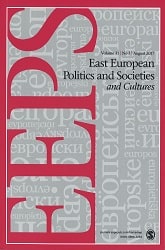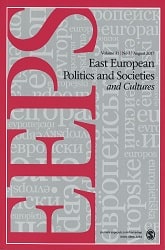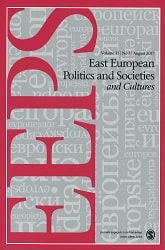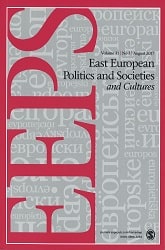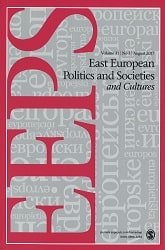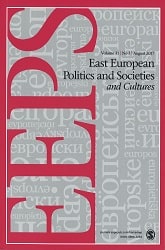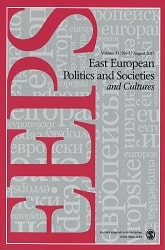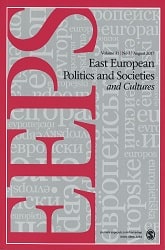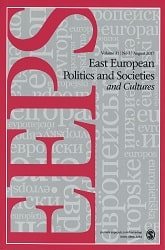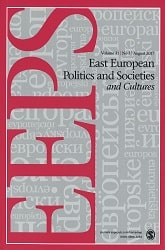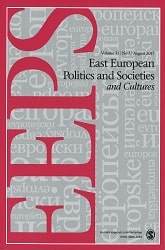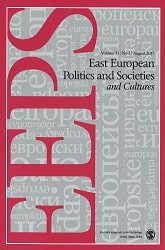
Ismail Kadaré’s The Shadow. Literature, Dissidence, and Albanian Identity
In the article, Ismail Kadaré’s 1986 novel, The Shadow, is analysed as a form of apologia pro vita sua about the deformations of life under a dictatorial regime. This interpretation demonstrates that Kadaré was a dissident in his own terms during the reign of the dictatorial regime and that this type of opposition was something different from the political and ideological critique of post-totalitarianism. Throughout his work, Kadaré has suggested the existence of an alternative Albania to that of the regime, intimating that the historical roots of his nation can give birth to different versions of Albanian identity to that propagated by the Albanian Party of Labour. Using the figure of the legendary Albanian hero, Konstantine, in The Shadow, The Twilight of the Steppe Gods, and elsewhere in his oeuvre, Kadaré links the contemporary problematics of dissidence and existential authenticity under the dictatorship to historical patterns of Albanian culture and individual existence.
More...
